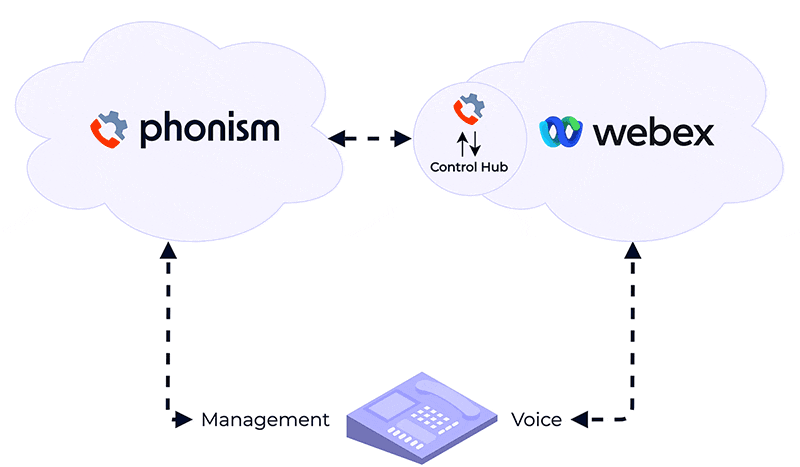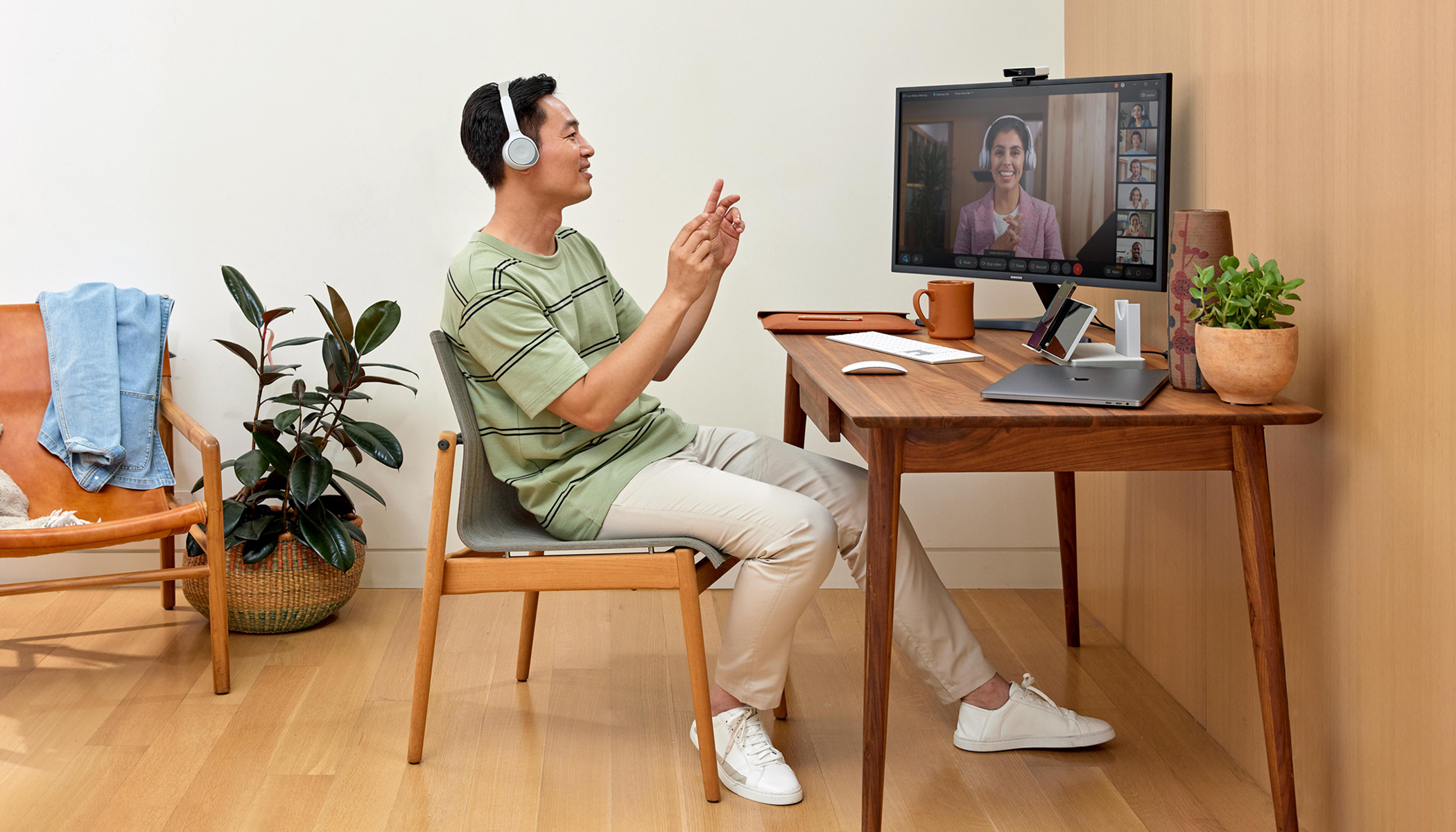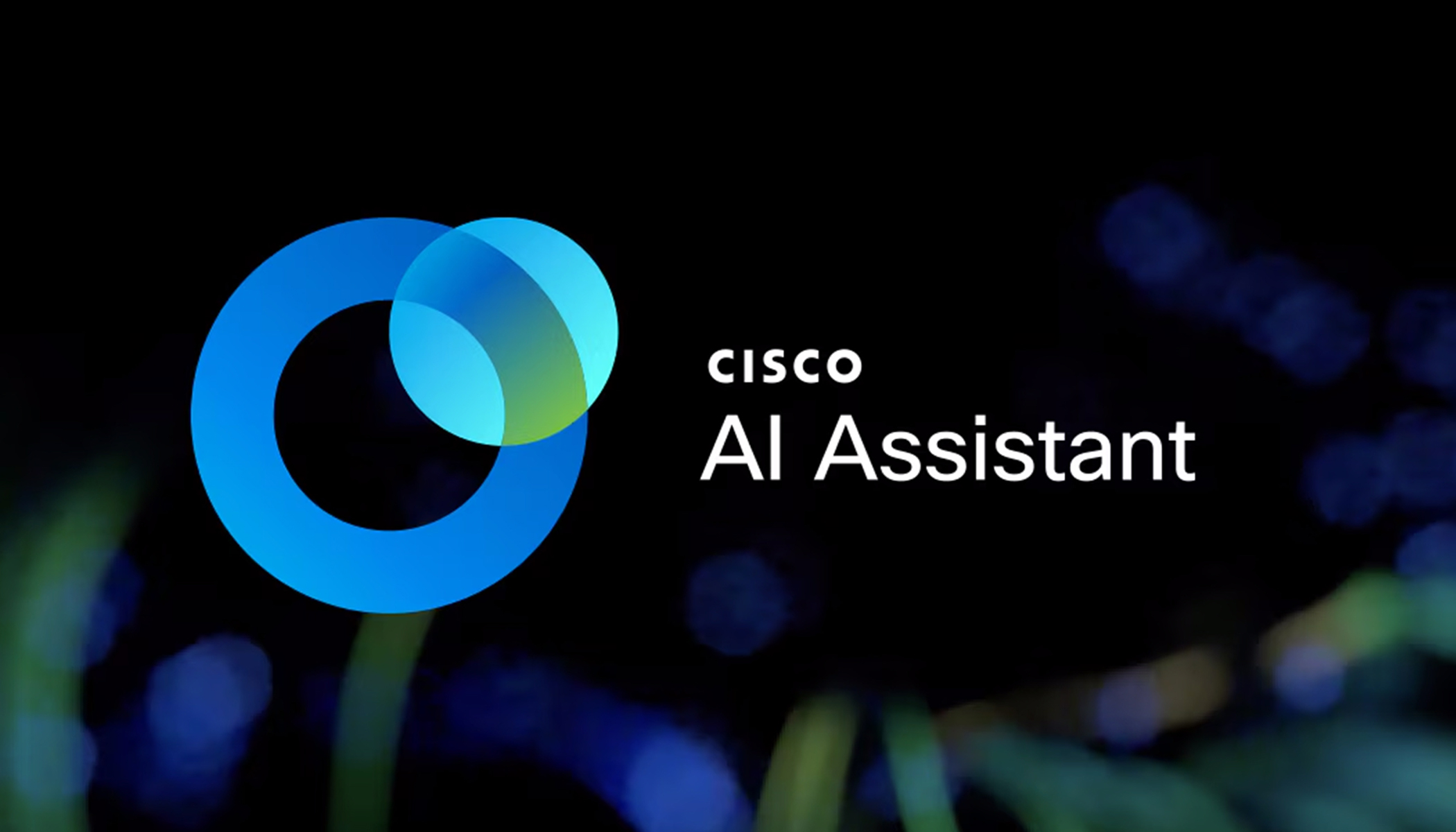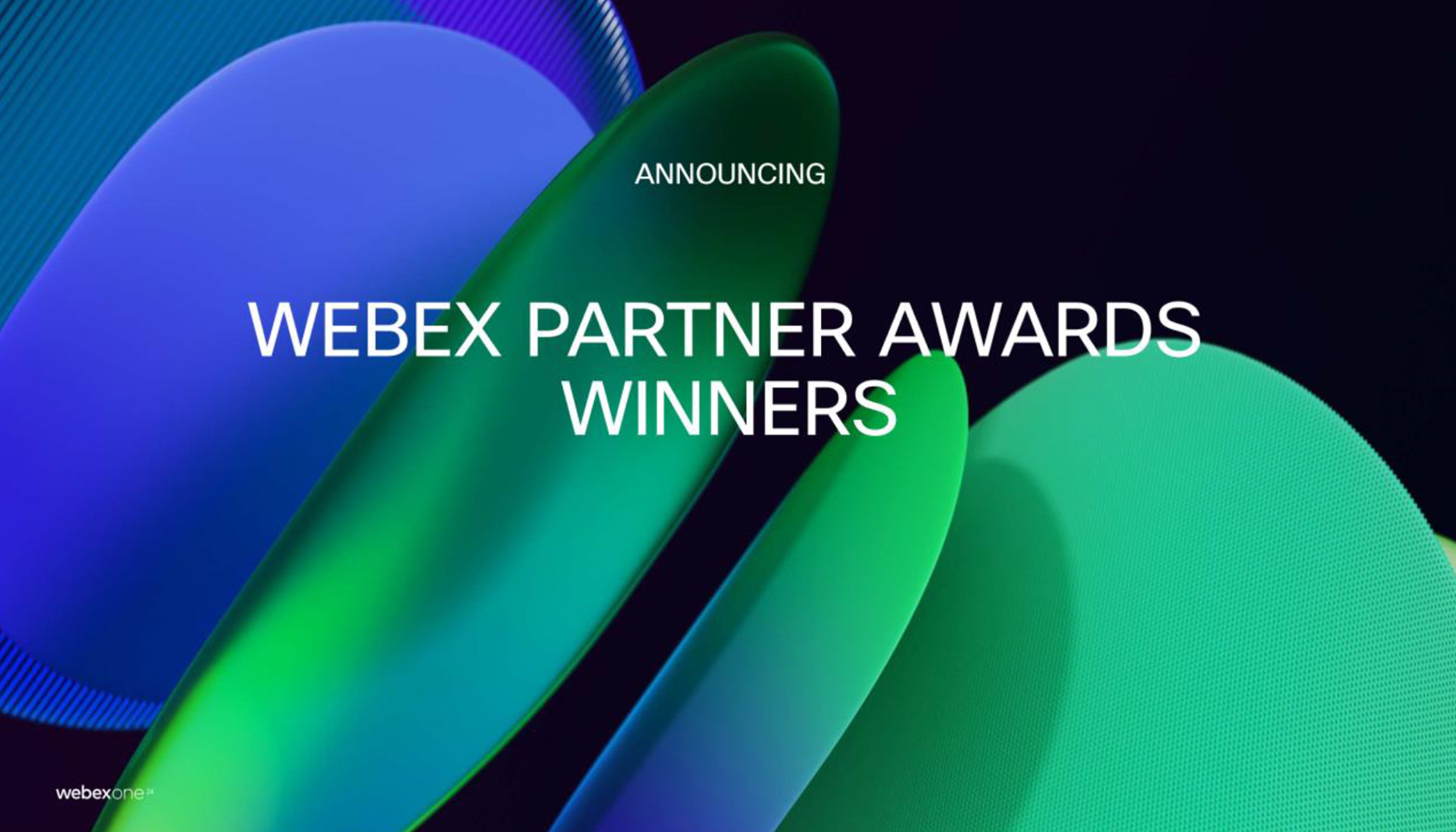Premise-Based Conferencing Options with Cisco Meeting Server 3.0
“Going to the cloud” seems to be the talk of the town; however, the cloud is not everyone’s cup of tea. If that’s your case, we hear you, and we care about you. Cisco continues to offer a premise-based conferencing option just for you, like the Cisco Meeting Server 3.0.
Just because you are not on the cloud, doesn’t mean your platform can’t be like the cloud. Cisco is working hard to align user experiences between Webex and CMS in order to simplify scenarios where customers use both. With this new release, we have a greater number of concurrent web app sessions, new web app in-meeting controls, and branding capabilities to give meetings your company’s look and feel.
Better Meeting Experiences with Cisco Meeting Server 3.0
The engineering team has been hard at work delivering agile feature releases every four months, with features you can use now while working remotely or from home. We are also continuously working to keep CMS a user-friendly and intuitive platform.
Scalability
CMS extends its industry-leading scale with the web app. The web app scales to the same capacity as SIP calls on the CMS call bridge for internal calls and calls over a VPN.
Web App
Anyone can join a meeting quickly without installing anything by using the web app powered by WebRTC technology. With a web app, users can create, join, and manage their meetings using their preferred browsers including Chrome, Firefox, Safari, Edge, or Yandex. New in-meeting features with the latest release include:
- Add/drop participants
- Mute others or all
- Branding
- Start a recording or streaming session
- Name labels
- Lock/unlock
- Making participants important
More Advanced Features with the Cisco Meeting Server 3.0 Release
The 3.0 release also brings more advanced features like separate windows for video and content to allow users to use two screens or just to optimize how they use their desktop. Below is an example of branding now available with the Meeting Server web app.
Self-management
Administrators can provision templates allowing users to create their own spaces based upon admin-defined templates. Other options include setting PIN’s for hosts or guests and adding additional members to the space.
Smart licensing
This release also changes licensing, where Cisco Meeting Management (CMM) is required with all deployments for licensing usage reporting, plus integration with Cisco Smart Licensing.
Smart licensing is a new way of thinking about licensing. It can be applied to all Cisco products and is now available through CMM for CMS clusters. Smart licensing simplifies managing licensing for CMS, which means no more license files must be applied to servers. It provides key information about software entitlement and utilization in one centralized process. CMM will be mandatory for all new customers. Smart Licensing is required for new customers, optional for existing customers.
TMS
Cisco TMS provides centralized control for on-site and remote video systems and a deployment and scheduling system for your entire video network. TMS for scheduling now supports Oath authentication with O365 & Exchange hybrid deployments. TMS for higher education customers allows CMS recording to be configured when scheduling with the help desk.
In Conclusion
All of these new Cisco Meeting Server features gives your company the tools you need for getting business done, whether meeting in the office, from home, or on the road. Existing customers with valid support contracts can find this new version on the software download center.
Learn More







